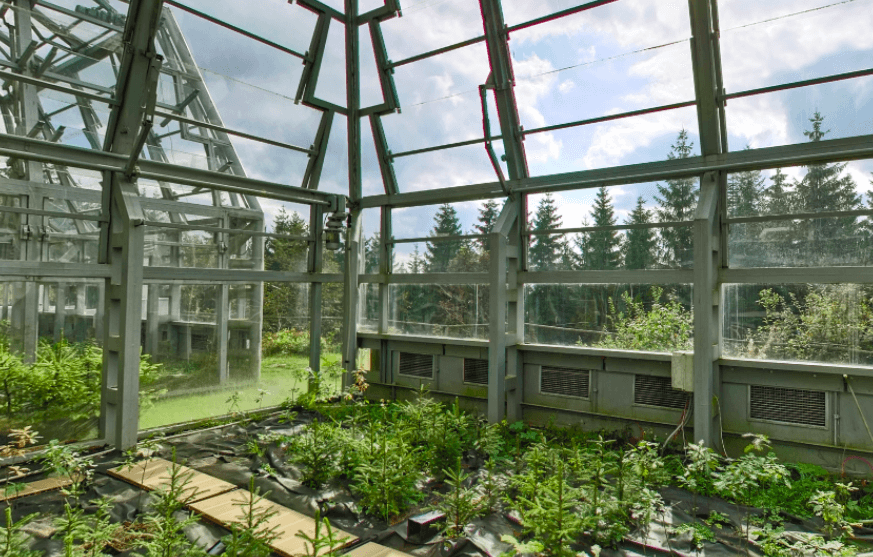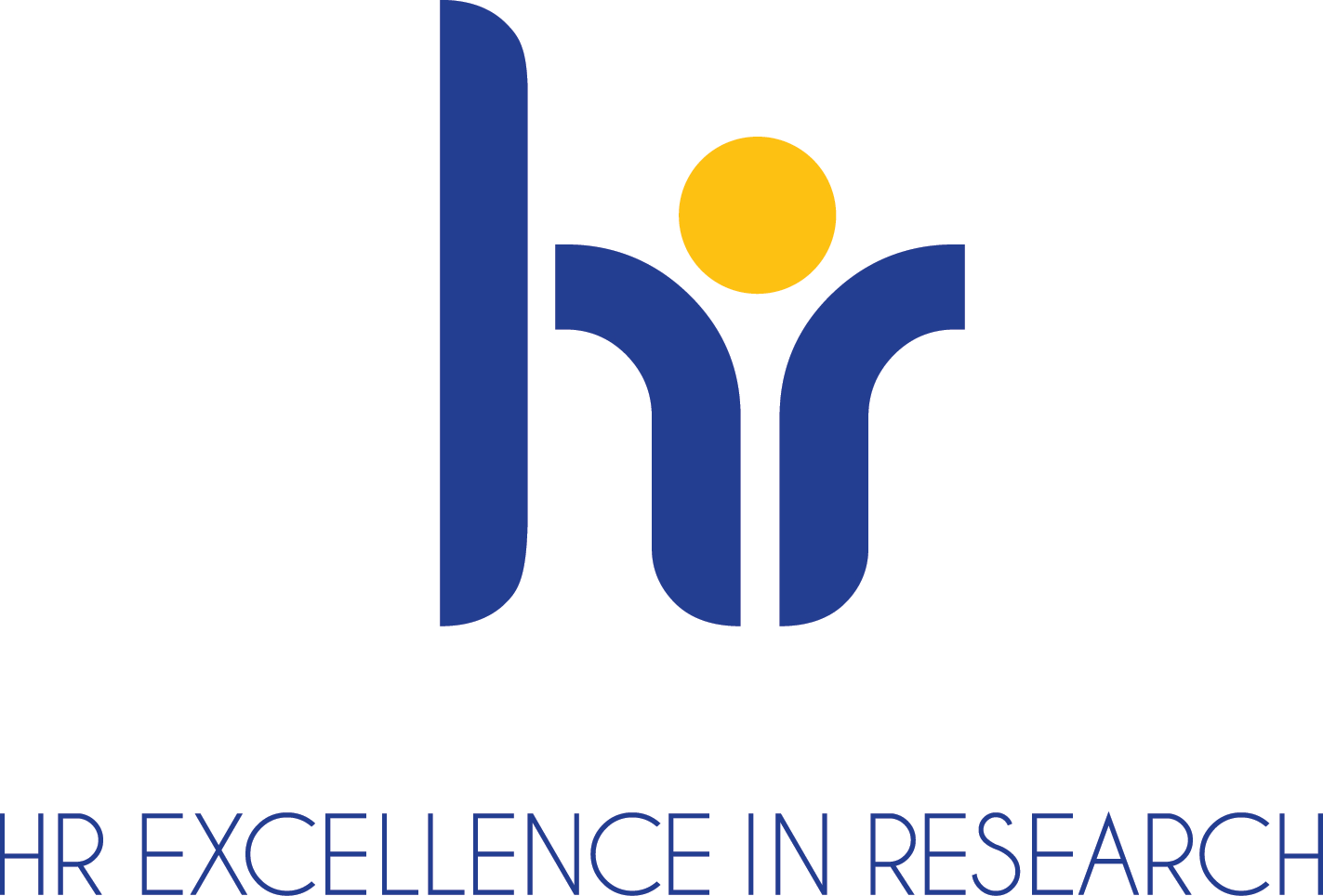Motto:
“Our goal is to develop innovative biotechnological solutions using microalgae as effective cell factories that could be naturally incorporated into the daily activities of modern society and contribute to the sustainable development and prosperity of humankind without endangering the Earth’s resources.”
Domain of Adaptive and Innovative Techniques focuses on developing methods and technologies for cultivating and researching photosynthetic microorganisms. As part of our research in this section, we are engaged in a detailed characterization of the investigated biological systems under a wide range of culturing conditions including natural conditions, predictive scenarios and conditions related to global change and industrial processes. The domain’s activities are focused partly on acquiring deeper scientific understanding and partly on transforming basic research findings into practical applications.
During recent years, one aspect of the domain’s work has been to create an infrastructure that would support research into and utilize the potential of photosynthetic microorganisms (especially algae and cyanobacteria) in biotechnological applications. Besides the abilities of these microorganisms to capture carbon dioxide from the atmosphere and industrial emissions, their biological activity may offer the basis for the production of next-generation biofuels and valuable biological substances such as carotenoids, unsaturated fatty acids, and various proteins.
Projects:
- New generation and the process of manufacturing products from mycelium; Technology Agency of the Czech Republic (SS07020322)
- Deciphering the limits of photoautotrophic productivity: source and sink balance in ethylene-producing cyanobacteria; Ministry of Education, Youth and Sports (LUAUS24149)
- Free circulating histone complexes as diagnostic tool for central nervous system (CNS) pediatric cancers; Czech Health Research Council (NU23-03-00318)
- Biorefining as circulation technology; National Centres of Competence programme; Technology Agency of the Czech Republic (TN02000044)
- Digital platform for distributed optimization of sustainable production and mitigation capacity of microalgae; Operational Programme Enterprise and Innovations for Competitiveness; Ministry of Industry and Trade (CZ.01.1.02/0.0/0.0/21_374/0026534)
- Biorefining as circulation technology; National Centres of Competence programme; Technology Agency of the Czech Republic (TN01000048)
- Strategic Partnership for Environmental Technologies and Energy Production; OP VVV “SPETEP” project; EU – Ministry of Education, Youth and Sports (CZ.02.1.01/0.0/0.0/16_026/0008413)
- Biologically active substances from microalgae and plant stem cells for use in the cosmetics industry; ZÉTA programme; Technology Agency of the Czech Republic (TJ02000372)
- Biocontrol of plant pathogens by phytohormone producing microalgae; Czech Science Foundation (GA19-00973S)
- Epigenetic approaches in hepatocellular carcinoma; Czech Health Research Council (NV18-03-00058)
- Analysis of reaction networks with limiting conditions as a tool for experimental validation of biochemical and photobiological reactor models; Czech Science Foundation (GA18-24397S)
- Providing expert know-how and services in systems biology; OP VaVaI “C4Sys – Center for Systems Biology” project; Ministry of Education, Youth and Sports (LM2015055)
- Innovations for mitigating the impacts of global climate change; OP VaVpI “CzechGlobe 2020 – Development of a Centre for Studying the Impacts of Global Climate Change” project; Ministry of Education, Youth and Sports (LO1415)
Head
Dr. Jan Červený
cerveny.j@czechglobe.cz
Scientific secretary
Petra Literáková
It includes:
Department of Adaptive Biotechnologies
Department of Smart Biotechnologies




